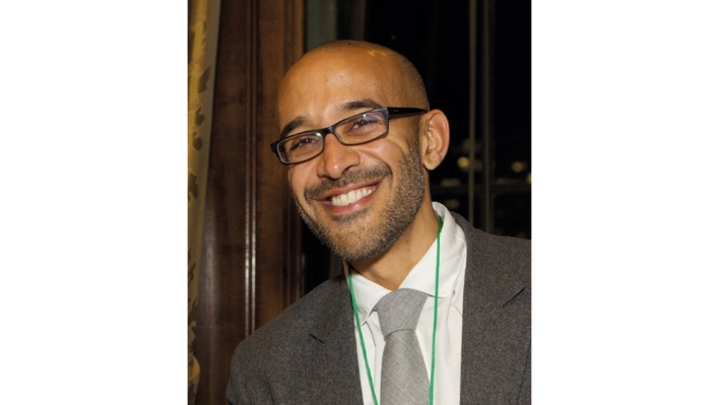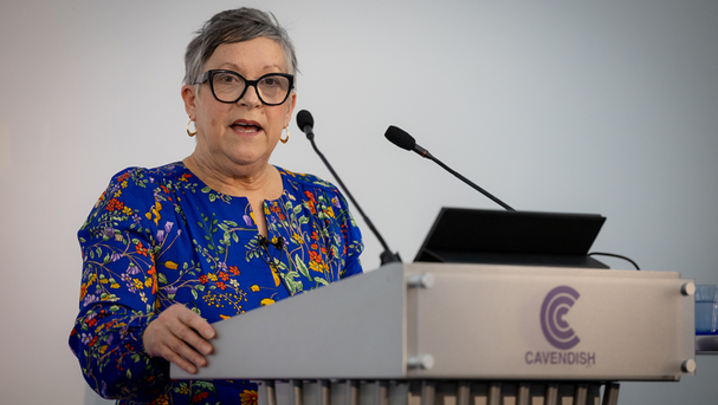Late last year, the RTS Technology Centre pulled together a top-level panel to discuss the skills shortage affecting the film and TV industry at a time when international producers are looking to make the biggest and best productions in the UK.
It is estimated that more than 15,000 new jobs will be needed over the next few years to service this rapid growth.
Carrie Wootten chaired an expert panel at Buckinghamshire New University, drawn from education (Buckingham’s Dr Russel Stone and Jenny Craig from Bucks College Group), industry (ITV Academy’s Sonny Hanley and Jackie Campbell from Warner Bros.) and the BFI (Sara Whybrew). At the event, “Mind the skills gap”, the panel agreed that effective and relevant training pathways were needed to develop talent in all disciplines.
Furthermore, the panel added, it is important to draw talent from all parts of society. There is a shortage of craft skills, both specific to the film and TV industry and also the more generic trades.
As well as the established higher and further education (HE/FE) provision, there is also an urgent requirement for short courses, conversion courses or boot camps, the latter giving people the opportunity to develop existing skills that are relevant to the industry. This approach can also enable dual careers to smooth out the dips in film and TV freelance work.
It was noted that the traditional skills of electricians, vision mixers, cameras, sound and production accountants have been joined by new skills such as computer coding and digital graphics to support the increase in virtual production.
The panel concluded that HE, FE, private training suppliers and the industry must come together to provide complementary training if the skills gap is to be bridged.







